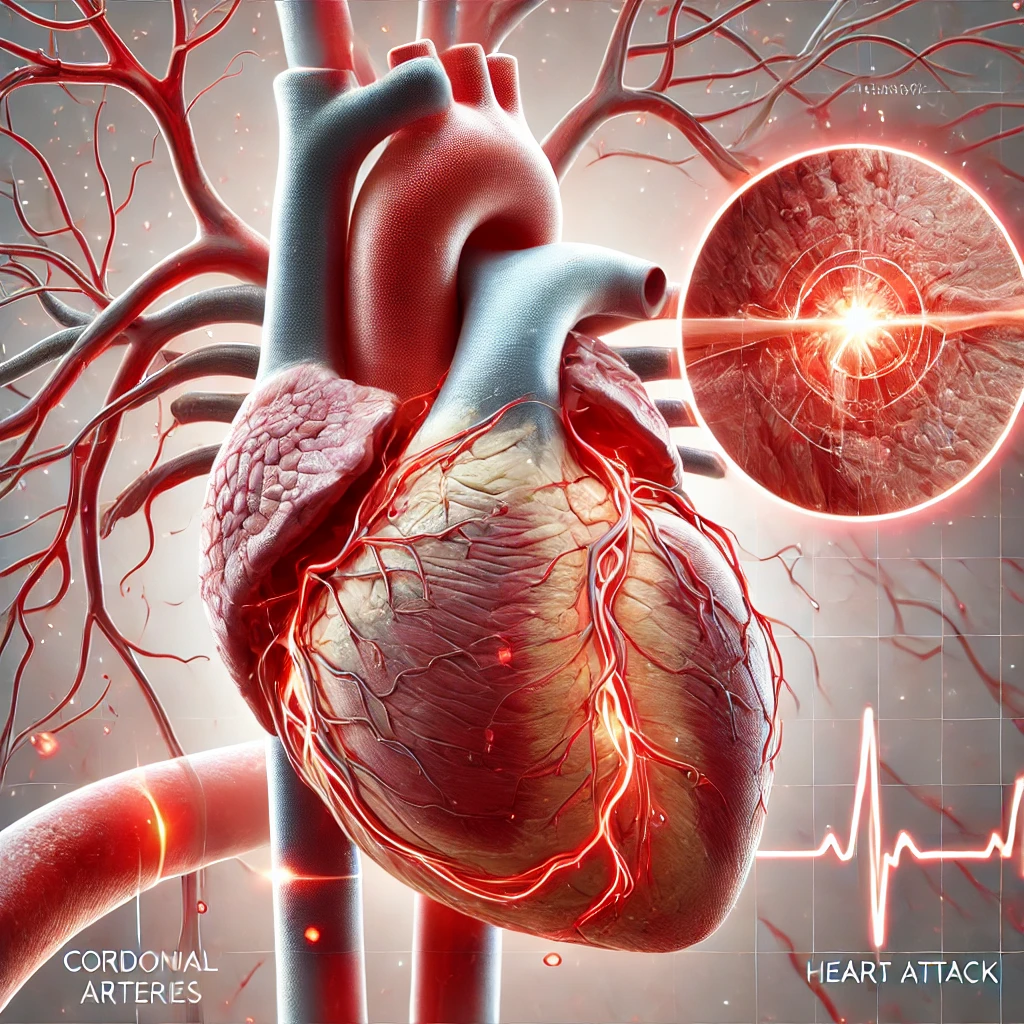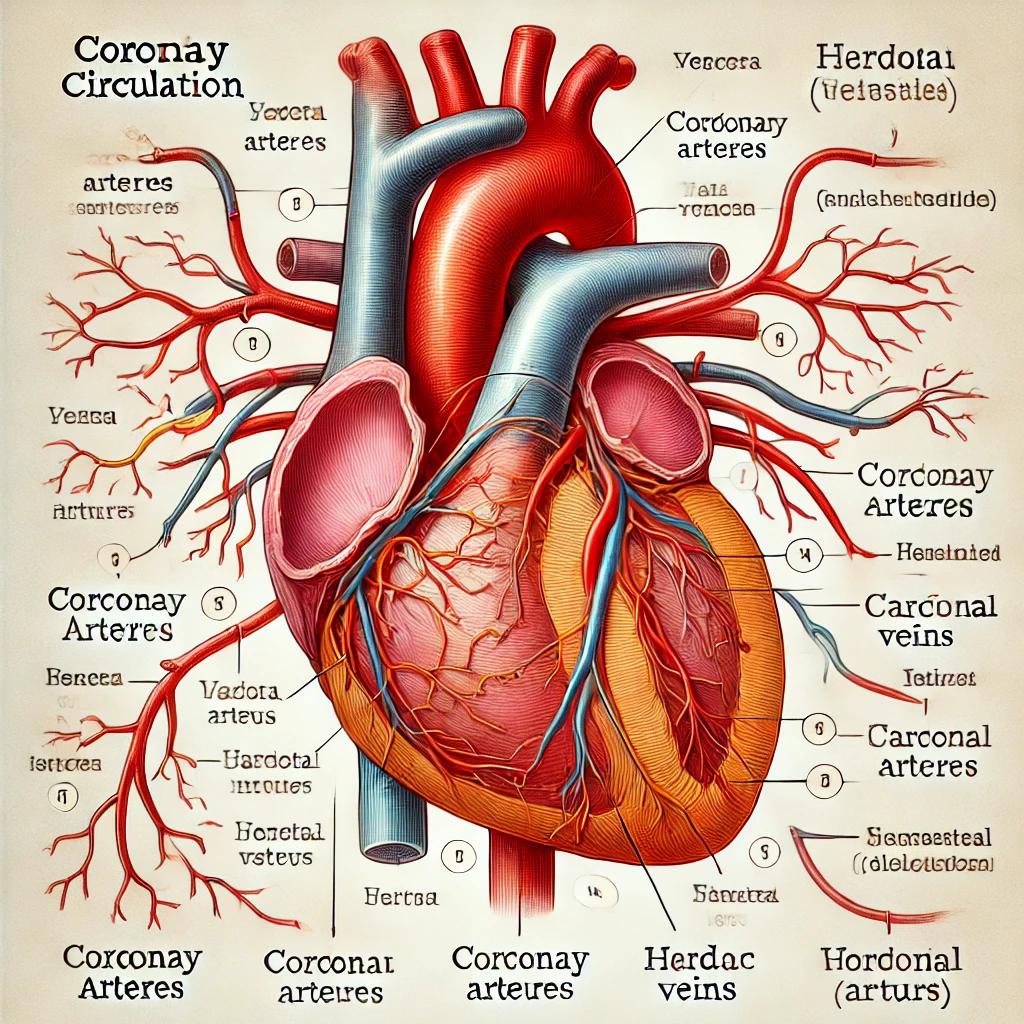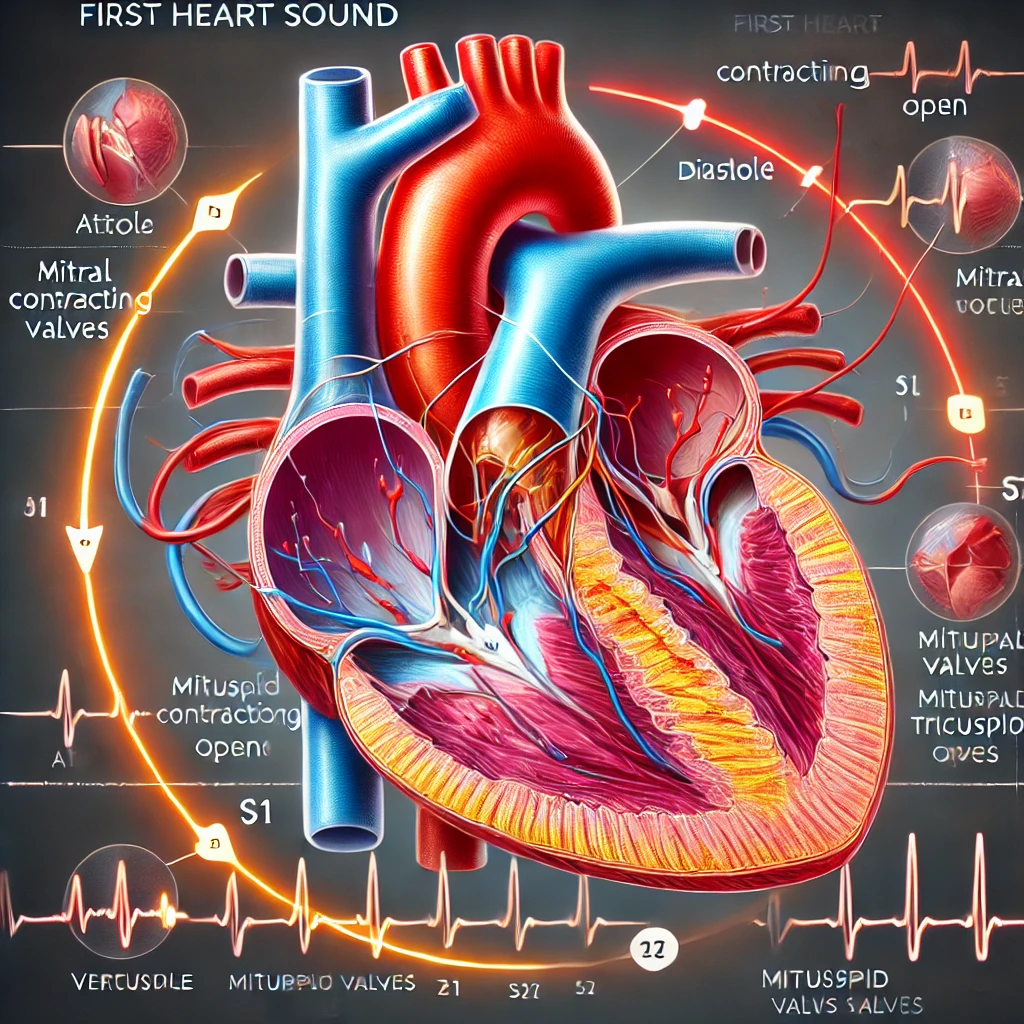Introduction to Metabolic Acidosis
Metabolic acidosis is a serious medical condition resulting from an excess production of acid in the body or the kidney’s inability to remove enough acid. This condition reflected in a lower pH in the body fluids, can impact various bodily functions, presenting a range of health risks. In this article, we delve into the concept of it, its types, causes, symptoms, and treatment options.
Understanding the pH Balance
The body’s pH balance is essential for maintaining optimal health. A delicate equilibrium must exist between the acids and bases in the body, known as acid-base homeostasis.
Role of Bicarbonate
Bicarbonate plays a vital role in this process. It neutralizes acids in the body, preventing the body fluids from becoming too acidic. An indicator of metabolic acidosis can be a decrease in bicarbonate levels, suggesting that the body isn’t effectively neutralizing acids.
Acid-Base Homeostasis
Maintaining acid-base homeostasis is crucial for the body’s metabolic processes. Disruptions in this balance can lead to conditions like metabolic acidosis, which can adversely affect bodily functions and overall health.
Types
There are several types, each with unique causes and manifestations.
Lactic Acidosis
This type results from the buildup of lactic acid in the body. Causes can range from vigorous exercise to specific diseases or a lack of oxygen.
Diabetic Ketoacidosis (DKA)
Diabetic Ketoacidosis occurs when the body lacks sufficient insulin, forcing it to break down fat for energy instead of glucose. This process produces ketones, which lead to acidosis.
Hyperchloremic Acidosis
This form of acidosis can occur due to severe diarrhea, kidney disease, or other factors causing imbalances in bicarbonate levels.
Renal Tubular Acidosis (RTA)
RTA is a rare condition in which the kidneys fail to excrete acid into the urine, causing it to accumulate in the blood.
Causes
Two primary factors lead to it: excessive acid production and impaired kidney function.
Excessive Acid Production
It can occur when the body produces more acid than it can effectively neutralize or eliminate. This overproduction can be due to various reasons, including lactic acid buildup or ketone production in diabetics.
Impaired Kidney Function
The kidneys play a vital role in maintaining the body’s acid-base balance. If the kidneys are unable to adequately remove acid from the body, it can ensue.
Symptoms
Symptoms of it can vary but may include rapid breathing, confusion, fatigue, headache, sleepiness, lack of appetite, jaundice, and increased heart rate. Severe, if untreated, can lead to shock or death.
Diagnosis
Diagnosis of it involves various tests, including blood and urine tests, to measure pH levels and detect abnormal bicarbonate levels.
Blood Tests
Blood tests can reveal the blood’s pH and bicarbonate levels, indicating potential metabolic acidosis.
Urine Tests
Urine tests can help detect abnormal bicarbonate levels, which could signify renal tubular acidosis.
Treatment and Management
Treatment depends on the underlying cause. In some cases, it may involve addressing this cause, managing symptoms, or administering alkali treatment.
Addressing the Underlying Cause
It’s crucial to address the root cause for effective treatment. This could involve managing diabetes, treating kidney disease, or addressing any other primary conditions leading to acidosis.
Managing Symptoms
Symptom management can alleviate the patient’s discomfort and prevent complications. This could include treatments to reduce rapid breathing, fatigue, or confusion.
Alkali Treatment
In some cases, administering alkali (like bicarbonate) may be necessary to counteract acidosis. This treatment must be supervised by a healthcare professional due to the potential side effects and complications.
Living with It
Living with it requires ongoing management. Regular monitoring, timely treatment, and a healthy lifestyle can mitigate the effects and prevent complications.
Conclusion
It is a complex condition resulting from an imbalance in the body’s pH levels. Understanding its causes, symptoms, and treatment options can help those affected by it and their caregivers manage the condition more effectively. However, professional medical advice should always be sought in cases of health concerns.
FAQs
-
What is metabolic acidosis? Metabolic acidosis is a medical condition characterized by an imbalance in the body’s acid-base levels, resulting in a lower pH.
-
What causes metabolic acidosis? The condition is typically caused by excessiveacid production in the body or an inability of the kidneys to eliminate sufficient acid.
-
How is metabolic acidosis diagnosed? Metabolic acidosis is diagnosed through blood and urine tests that measure the pH and bicarbonate levels.
-
What are the treatments for metabolic acidosis? Treatment involves addressing the underlying cause, managing symptoms, and in some cases, administering alkali treatment.
-
Can metabolic acidosis be life-threatening? If left untreated, severe metabolic acidosis can lead to shock or even death. Hence, it’s important to seek immediate medical attention if symptoms arise.
References:
- MedlinePlus: Metabolic Acidosis: Comprehensive information on metabolic acidosis.
- Mayo Clinic: Diabetic Ketoacidosis: Detailed info on Diabetic Ketoacidosis, a type of metabolic acidosis.
- Healthline: Lactic Acidosis: Explanation of lactic acidosis and its relationship to metabolic acidosis.
- National Kidney Foundation: Renal Tubular Acidosis: Information on renal tubular acidosis.
- Medical News Today: Hyperchloremic Acidosis: An article about Hyperchloremic Acidosis.
My Articles: Click Here




